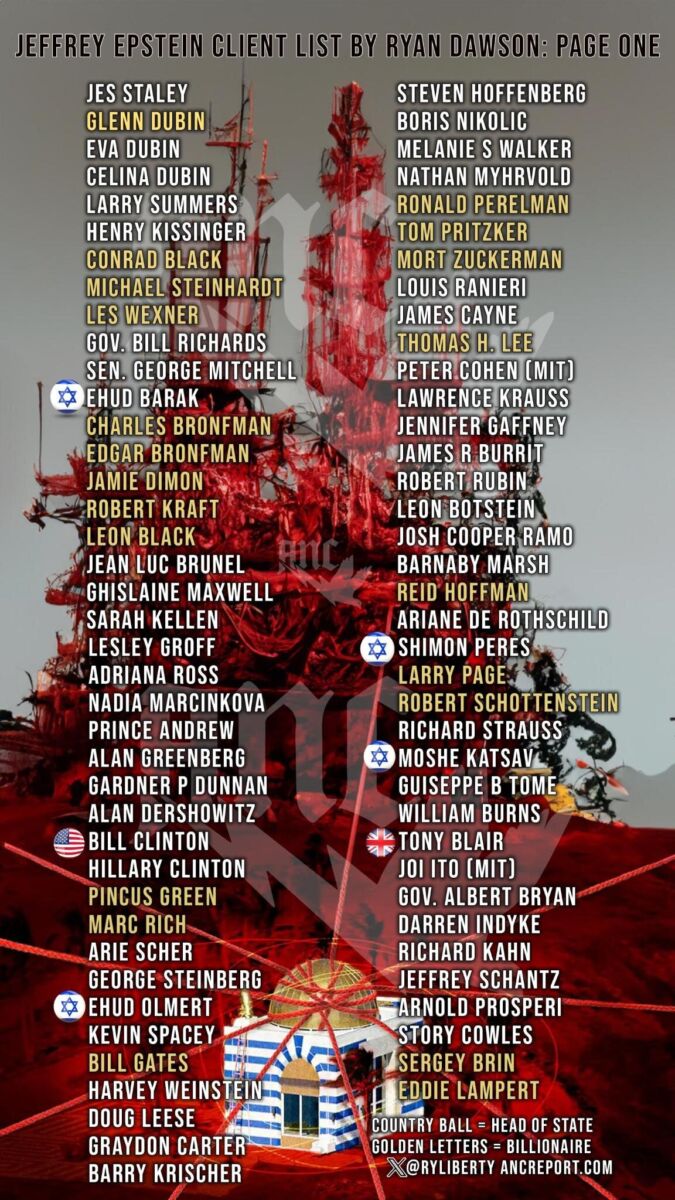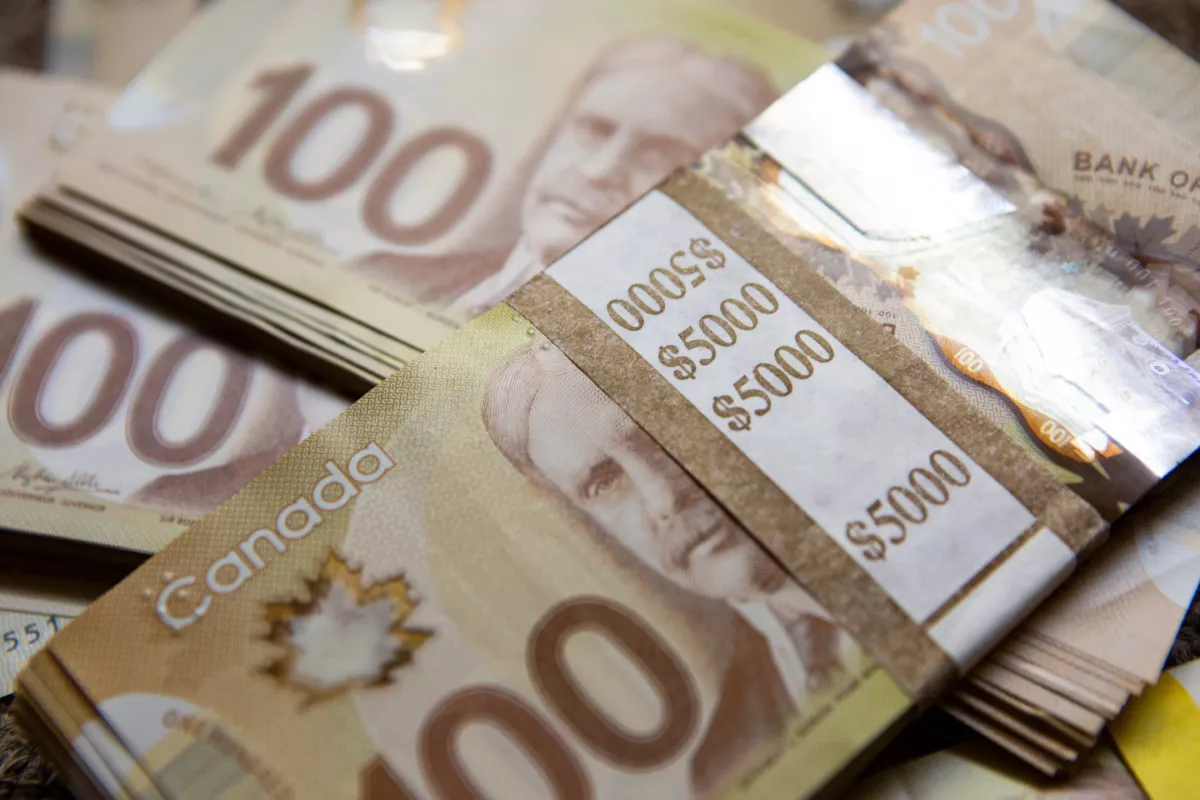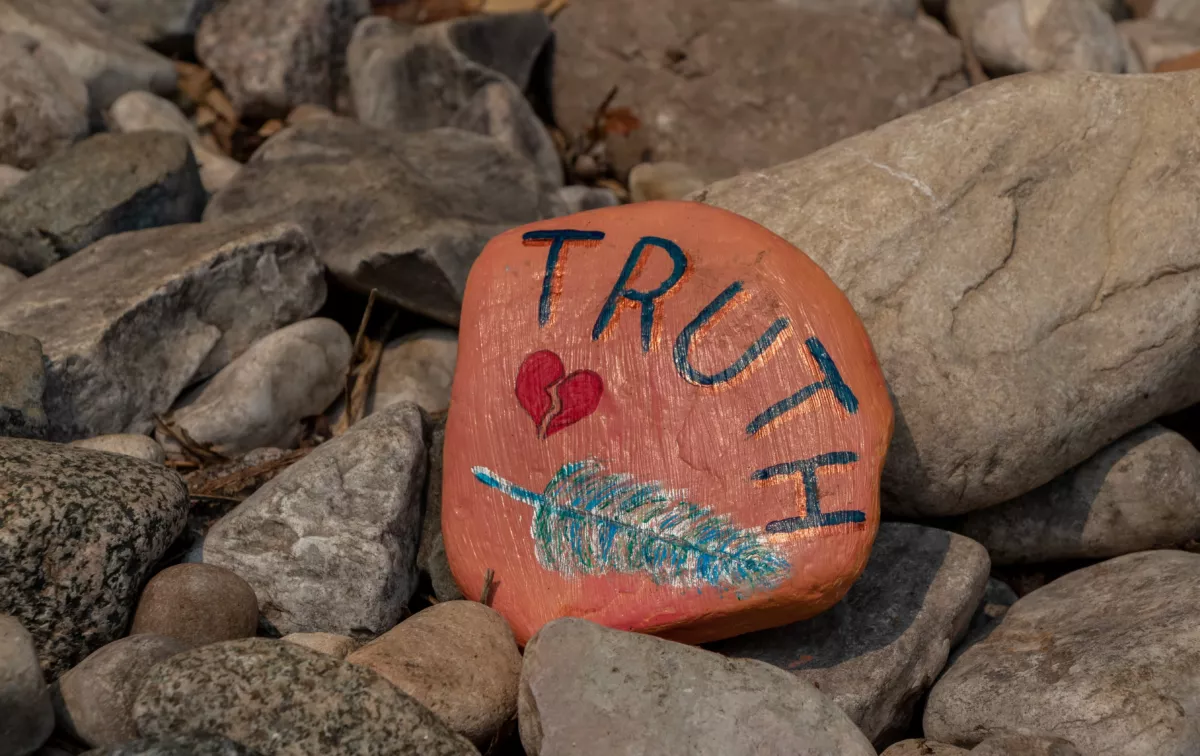“Why Can’t We Talk About This?”
By Don Sewell
In an era where open dialogue is often stifled, Norfolk County filmmaker Dean Rainey’s documentary, Why Can’t We Talk About This, emerges as a courageous attempt to break the silence surrounding vaccine injuries. Released in April 2025, this 80-minute film tells the heart-wrenching story of Michael Oesch, a once-vibrant Waterford, Ontario resident whose life was drastically altered after receiving his fourth mRNA COVID-19 vaccine dose in October 2022. Through Oesch’s journey, Rainey explores not only the personal toll of a severe health decline but also the systemic barriers that prevent acknowledgment and discussion of such cases.
A Personal Tragedy at the Core
The documentary centers on Michael Oesch, a 59-year-old man who went from living an active, independent life to being bedridden in a long-term care home in Dundas, Ontario. Oesch’s symptoms began the day after his fourth vaccine dose, with his leg dragging and progressing to an inability to walk or even hold a spoon. An MRI revealed spinal lesions, yet medical professionals, after ruling out conditions like multiple sclerosis and Lyme disease, labeled his condition “idiopathic”—a term that left Oesch without answers or official recognition of a potential vaccine-related injury. “Canary in a coalmine,” is how Oesch describes himself, highlighting the sudden onset of his symptoms and the lack of medical acknowledgment of their possible cause.
Rainey’s film is not just about Oesch’s physical decline but also his fight for recognition and support. At the time of filming, Oesch was still at home and mobile to some extent, but by mid-2024, his condition worsened, leading to extended hospital stays and eventual relocation to long-term care. His story underscores a broader issue: the struggle of vaccine-injured individuals to be heard within a medical system that often dismisses their claims.
Don’t lose touch with uncensored news! Join our mailing list today.
A Filmmaker’s Battle Against Silence
Dean Rainey, through his production company Rainey Media, faced significant challenges in bringing this story to light. “It’s also about my journey and how difficult it was to tell Michael’s story because people I wanted to talk to would either not talk on the record or would simply shut me down,” Rainey shared in an interview. Many doctors and experts declined interviews, fearing professional repercussions, while some theaters refused to screen the film or even allow Rainey to rent their venues.
Despite these obstacles, Rainey persevered, securing interviews with medical professionals like Dr. Stephen Pelech, Dr. Chris Shoemaker, and Dr. David Speicher, as well as personal injury lawyer Jasmine Daya and Haldimand-Norfolk MPP Bobbi-Ann Brady.
The documentary’s title, Why Can’t We Talk About This?, was born out of Rainey’s frustration with this resistance. “Even in my social circles and online, no one wanted to talk about this,” he noted. The film is not positioned as anti-vaccine but as a call for open conversation about vaccine injuries, a topic Rainey believes has been unfairly sidelined due to societal and institutional pressures. He argues that the trauma of the pandemic has left many unwilling to revisit its complexities, yet insists, “We need to know and understand what happened to people like Michael.”
Breaking Barriers and Gaining Momentum
Since its premiere on April 27, 2025, at Capital 33 in Delhi, Ontario, the documentary has gained traction despite pushback. Screenings in alternative venues, such as churches and community centres, have drawn strong audiences, with Q&A sessions featuring Rainey and experts like Dr. David Speicher. The film has also been supported by independent media outlets and organizations like the National Citizens Inquiry, which hosted a packed screening in Kitchener.
Internationally, Rainey has appeared on platforms like Steve Kirsch’s Vaccine Safety Research Foundation podcast, John Campbell’s YouTube, and The Daily Sceptic in the UK, amplifying the film’s reach. The public response has been overwhelmingly positive, with audiences appreciating the film’s focus on human stories over conspiracy or anti-science rhetoric. Rainey emphasizes, “It’s about listening, understanding, and finding hope.” The documentary is available for streaming or for purchase on DVD. The film is also available by donation at RaineyMedia.com.
A Call for Dialogue
Why Can’t We Talk About This? is more than a documentary; it’s a plea for empathy and accountability. Rainey’s work highlights the human cost of a polarized discourse and challenges viewers to confront uncomfortable questions about vaccine safety and institutional transparency.
As Oesch continues his fight for recognition and treatment, Rainey’s film stands as a testament to the power of storytelling in giving voice to the silenced. For those seeking truth and understanding, this documentary is a must-watch, urging us all to ask: Why can’t we talk about this?
For more information, or to watch and support the film, please visit RaineyMedia.com


